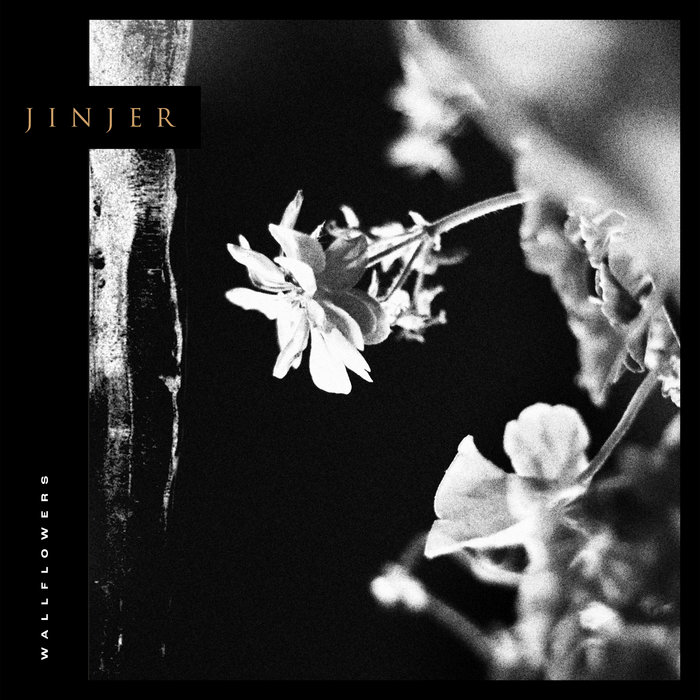The singles from this album strike me as being divisive for their fan-base. Both "Vortex" and "Mediator" take a slower and less aggressive approach, blending in some of the meek sadness that a wallflower would be feeling. The throat-shredding harsh vocals are still there, but they are not as in the forefront as before, with more emphasis being put on Tatiana's singing ability, and melodies that are more soothing and inviting than before. This is far from Jinjer going mainstream, but they are giving more attention to expanding the range of people who can enjoy what they do; including me. "Motivator" is the sort of song where the harsh and clean work together beautifully, and the song never wanders away from its core appeal.
That balances out the opening "Call Me A Symbol", which bursts out of the gates with progressive riffing, blast beats, before later shifting into the moodiness that is the hallmark of this record. The band rages through the song, processing the anger and frustration of the world, then settling into the uncomfortable realization that we are stuck in this mess for longer than we need to be. This isn't a completely different Jinjer, but the subtle shifts are enough to make this record sound entirely fresh.
The balance of the record still tilts toward the harsh and metallic, maybe a bit more so than necessary. With the enhanced moodiness and Tatiana's improving sense for her clean vocals, leaning into that new area would have made the record even more interesting. Aggression is rather one-note, while the extra elements can add so much color and shade. I know the cover is monochromatic, but the music doesn't need to be.
Maybe I'm just not an angry person, so the raging sections of the band's music can't speak to me on the same level as others. Where I am most intrigued is when Jinjer explores the more nuanced side of darkness, not the blood stains soaked into the carpet, but rather the psychology that sees geometrical beauty in the violence. Jinjer had the chance with this record to dive deep into the psyche of harsh music, and extract the melancholy and depression that we can sometimes can only translate as rage.
They don't quite get that far, but "Wallflowers" is the most interesting Jinjer album yet, because they are trying to tap into more elements of our minds. Not every experiment is going to work, but they can be worth hearing. I hear far more depth in Jinjer now than I ever have before. There's something to this record, even if I can't quite put my finger on it.


No comments:
Post a Comment